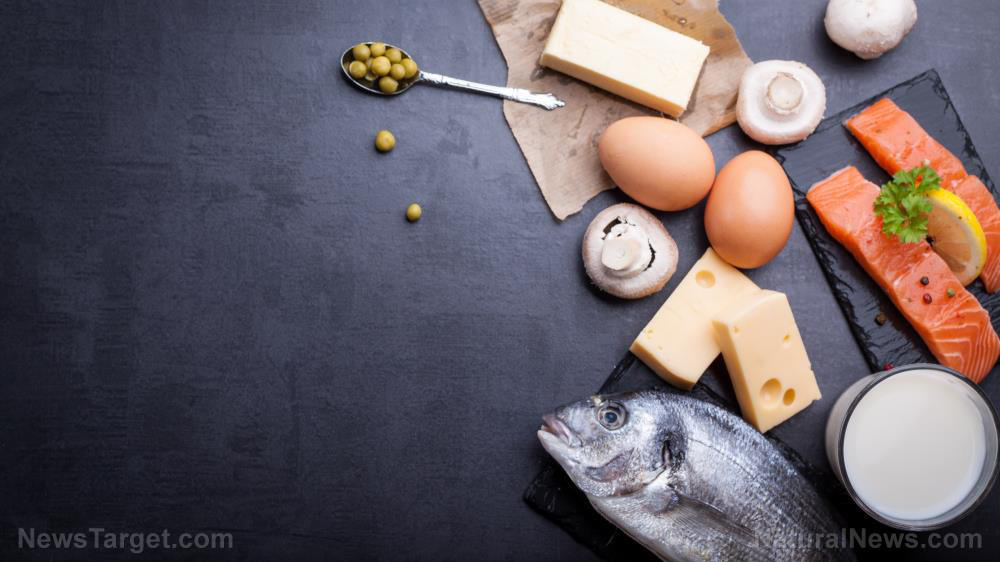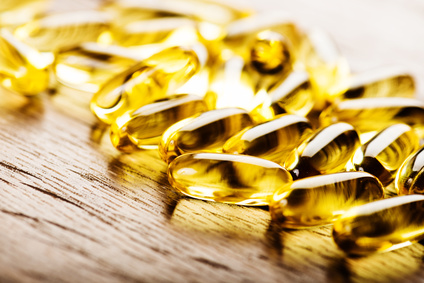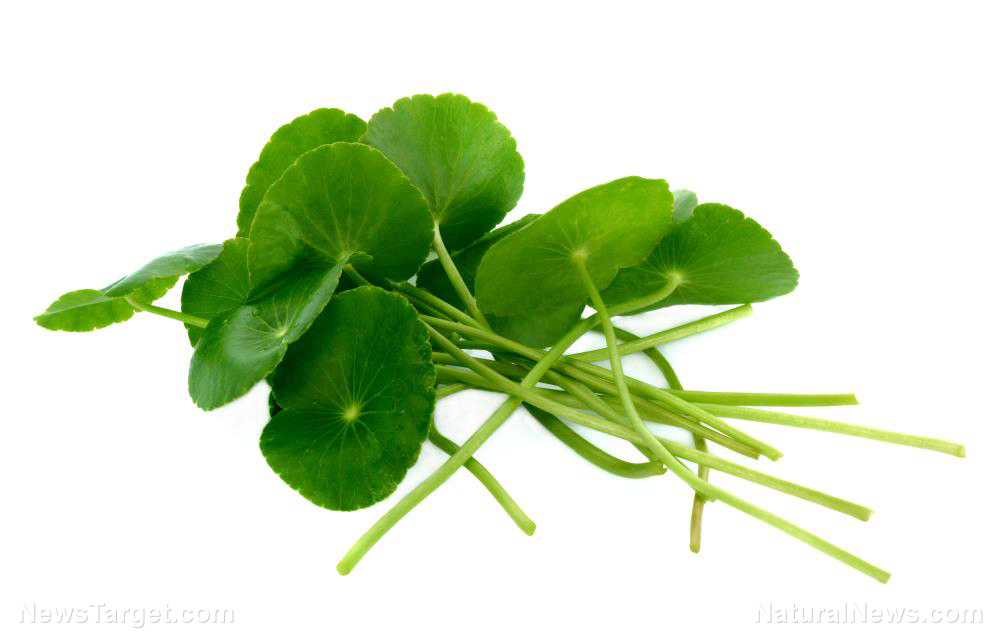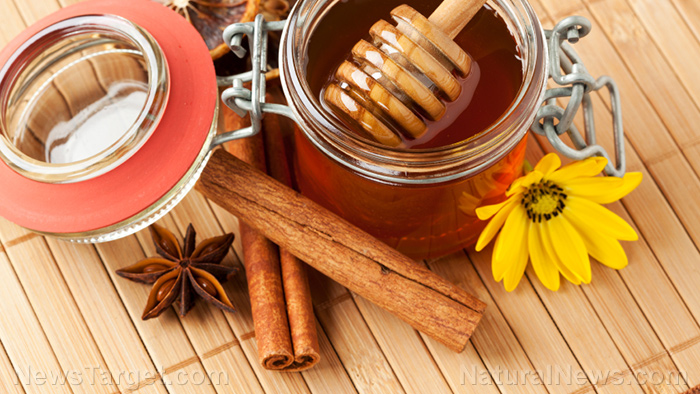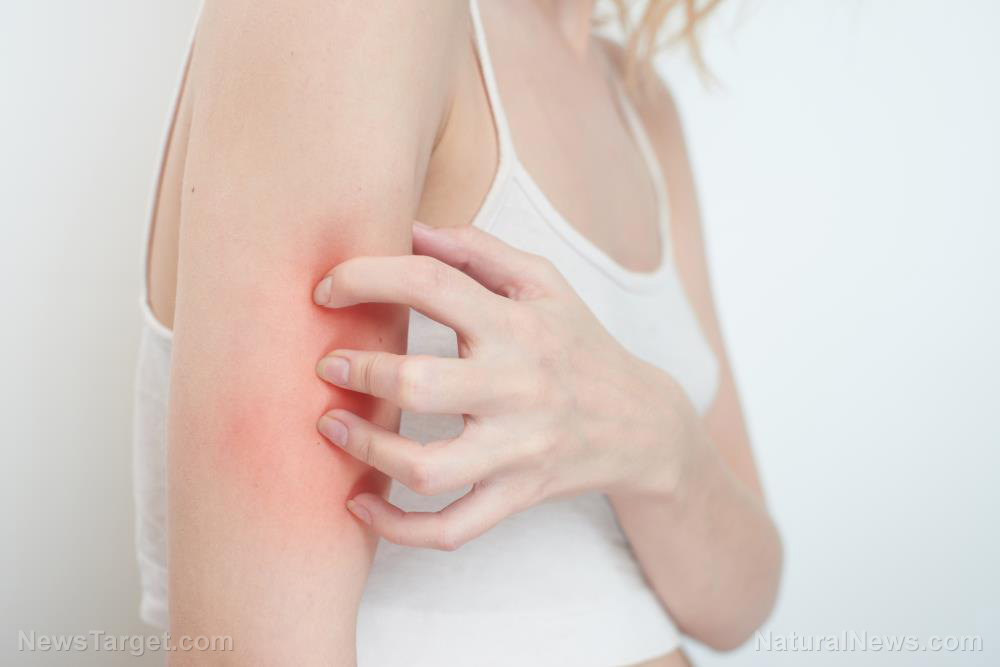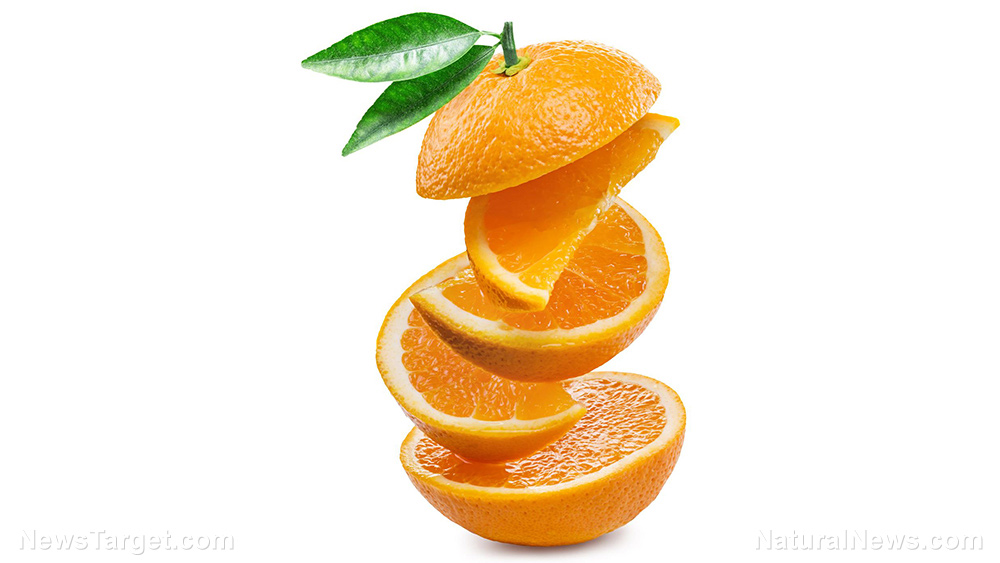Pumpkin seeds: A nutritious, inexpensive and versatile snack with plenty of health benefits
05/11/2022 / By Olivia Cook

Pumpkin seeds are flat, dark-green seeds encased in yellow-white husks at the center of the pumpkin fruit.
The oldest pumpkin seeds were found in Mexico and were estimated to be around 9,000 years old. Because of their chewy texture and subtly sweet, creamy, pleasant nutty flavor, these edible kernels have been eaten throughout history for sustenance. Along the way, people also learned to use pumpkin seeds for medicinal purposes.
Pumpkin seeds are packed with nutrients and phytochemicals
A study published in the journal Scientific African merged the evidence-based information on pumpkin seeds as a functional food ingredient with the associated biological mechanisms collected from electronic databases of ScienceDirect, ResearchGate, PubMed, Scopus and Google Scholar.
As evidenced by literature, pumpkin seeds are densely packed with nutrients and phytochemicals, such as dietary fiber, amino acids, phytosterols, unsaturated fatty acids, flavonoids, proteins, phenolic compounds and their derivatives, cucurbitacin and valuable vitamins and minerals that are important to a healthy life and well-being.
Pumpkin seeds are also loaded with vitamin A and beta-carotene, essential B complex vitamins B1 (thiamin), B2 (riboflavin), B3 (niacin), B6 (pyridoxine), B9 (folate), vitamin C, vitamin D, vitamin E (tocopherols) and vitamin K. Pumpkin seeds are also a good source of macro minerals (calcium, phosphorus, potassium and magnesium) and trace minerals (iron, manganese, copper and zinc – elements that make pumpkin seeds valuable for food supplementation.
The bioactive compounds in pumpkin seeds exhibit biological activities, such as anthelmintic, antidiabetic, antidepressant, antioxidant, anti-tumor and cytoprotective properties. Further, these bioactive compounds show potential in treating microbiological infections, hepatic and prostate disorders.
Health benefits offered by pumpkin seeds
Pumpkin seeds are a highly nutritious superfood that can do the following:
Support a healthy immune system
A study published in Procedia Chemistry concluded that pumpkin seeds have immunomodulatory effects, and can therefore be used as an immunonutrient. “Pumpkin seeds equivalent to 30 and 60 grams in humans are immunostimulants and can be used in medical nutrition therapy,” the researchers involved in the study wrote.
Your body can turn beta-carotene in pumpkin seeds into vitamin A, which strengthens the immune system. Pumpkin seeds are a healthy plant-based source of omega-3 fatty acids that contribute to a stronger immune system and a healthy heart, in addition to zinc that helps the immune system fight bacteria and viruses, and powerful antioxidants that prevent free radicals from damaging healthy cells in your body.
Pumpkin seeds are great sources of polyphenolic compounds, including lignans. A study by German researchers published in Nutrition and Cancer found that eating foods rich in lignans, such as pumpkin seeds, may help lower the risk of postmenopausal breast cancer in women.
Support cardiovascular health
Pumpkin seeds and pumpkin seed oil are valuable sources of phytosterols that have been extensively studied for their lowering effects on low-density lipoprotein (LDL), also known as bad cholesterol. A study published in the Journal of Agricultural and Food Chemistry found that there were 265 mg of total sterols in every 100 grams of pumpkin seed kernels.
Pumpkin seeds are a heart-healthy source of antioxidants that help ease constricted blood vessels caused by cholesterol buildup, minimizing the risk of cardiovascular complications like stroke and heart attack. Essential micronutrients in pumpkin seeds, such as magnesium and zinc, help keep your blood pressure in check. (Related: Eating nutrient-rich pumpkin seeds can help boost your heart health.)
Support healthy cognitive function
The treasure trove of nutrients in pumpkin seeds, including magnesium, zinc, iron and copper, is essential for optimizing brain health and the nervous system. Pumpkin seeds are an abundant source of essential amino acids that are building blocks of brain cells.
These seeds contain healthy omega-3 fatty acids that help reduce inflammation, safeguard the brain cells from oxidative damage and reduce the risk of age-related brain disorders.
The brain-boosting properties of pumpkin seeds are credited to boost memory and concentration power; safeguard the brain cells and nerves from oxidative stress and free radical damage; and improve learning skills, reasoning and perception of new concepts.
Support a healthy musculoskeletal system
If you eat a handful of pumpkin seeds a day, you’ll likely get all of the magnesium you need, which is great for bone development, maintenance and repair and reducing muscle cramps. A 100-gram serving of pumpkin seeds can contain over 90 mg of magnesium.
Support digestive health
High in fiber, pumpkin seeds keep your intestines healthy by improving the gut microbiome and promoting regular bowel movements. Additionally, fiber helps control your blood sugar levels. An ounce of pumpkin seeds gives you 20 percent of your daily fiber needs.
Widely used by Native Americans as far back as 7000 B.C., pumpkin seeds were given to sick people as a means to expel parasitic worms (tapeworms and roundworms) from the body. In fact, the nonprofit United States Pharmacopoeia listed pumpkin seeds as a treatment for intestinal parasites in the years 1863-1936 because they contain an amino acid called cucurbitacin, which paralyzes worms and makes them easy to eliminate from the intestines.
Support prostate and bladder health
Pumpkins seeds are chock-full of the mineral zinc (with more than two milligrams in one ounce), which is needed to boost testosterone, build muscle and directly increase sperm quality and production. (Related: Pumpkin seeds shown to boost sex drive.)
In a study published in the Journal of Medicinal Food, researchers from Austria, Germany and Switzerland concluded that pumpkin seeds can effectively alleviate the symptoms of benign prostatic hyperplasia (BPH) — a non-cancerous enlargement of the prostate gland and an age-related condition characterized by uncomfortable and frequent urination – usually affecting older male adults.
A study published in the journal Research and Reports in Urology showed that pumpkin seed oil produced a significant effect on the management of chronic nonbacterial prostatitis (CNBP), and can be considered a safe, non-invasive method of its treatment.
Support hair growth
In one study published in Evidence-based Complementary and Alternative Medicine (e-CAM), Korean researchers found that pumpkin seed oil may promote hair growth among men with male-pattern baldness or androgenetic alopecia.
The researchers studied 76 men with male-pattern baldness who took either a placebo or a pumpkin seed oil capsule once every day for 24 weeks. The results showed that those who took the pumpkin seed oil experienced an increase in hair growth compared to those who took the placebo.
Support skin and eye health
Vitamins A, C and E, zinc, copper and the antioxidants lutein and zeaxanthin in pumpkin seeds are strongly associated with a reduced risk of cataracts and age-related macular degeneration (AMD). The zinc in pumpkin seeds enables vitamin A to navigate from the liver to the retina to form a melanin (an eye-protecting pigment) that helps reduce the loss of visual sharpness by 19 percent.
Pumpkin seeds are also a good source of squalene, an antioxidant compound similar to beta-carotene, which plays a role in protecting the skin during ultraviolet (UV) and other types of radiation exposure. Animal studies have also suggested that squalene plays an important role in retinal health.
They are a skin superfood because they’re so high in zinc, which protects your cell membranes, helps maintain collagen and promotes skin renewal.
Uplift your mood naturally
Pumpkin seeds are rich in the essential amino acid tryptophan, which has been used to treat chronic insomnia because the body converts it into serotonin (the feel good or relaxing hormone) and melatonin (the sleep hormone). A cup of pumpkin seeds should give you roughly one gram of tryptophan.
Support sensible weight management plans
Pumpkin seeds are rich in fiber, protein and unsaturated fatty acids – nutrients known to support weight loss. Pumpkin seeds have more zinc than any other seed, which is important for burning fats.
A ½ cup (72-gram) serving of pumpkin seeds with their shells removed provides five grams of fiber, which keeps you full for a longer period so that you will feel less tempted to snack between meals. Choose raw, unsalted pumpkin seeds to minimize your intake of added fat, calories and sodium.
Learn more about the health benefits of pumpkin seeds at FoodIsMedicine.com.
Watch the video below on why you should add pumpkin seeds to your diet.
This video is from the Natural Remedies channel on Brighteon.com.
More related stories:
Replacing wheat flour with pumpkin seeds is a sneaky way to improve your child’s diet.
Health benefits of eating pumpkin seeds.
Ancient Wisdom for Modern Health: Pumpkin Seeds Expel Parasites.
How can pumpkin seeds help men with BPH? Pilot study breaks it down.
Sources include:
Submit a correction >>
Tagged Under:
bladder health, brain health, digestion, eye health, food cures, food is medicine, food science, functional food, hair growth, heart health, immune system, men's health, natural medicine, nutrients, prostate, pumpkin seeds, skin health
This article may contain statements that reflect the opinion of the author
RECENT NEWS & ARTICLES
COPYRIGHT © 2017 COSMETICS NEWS






